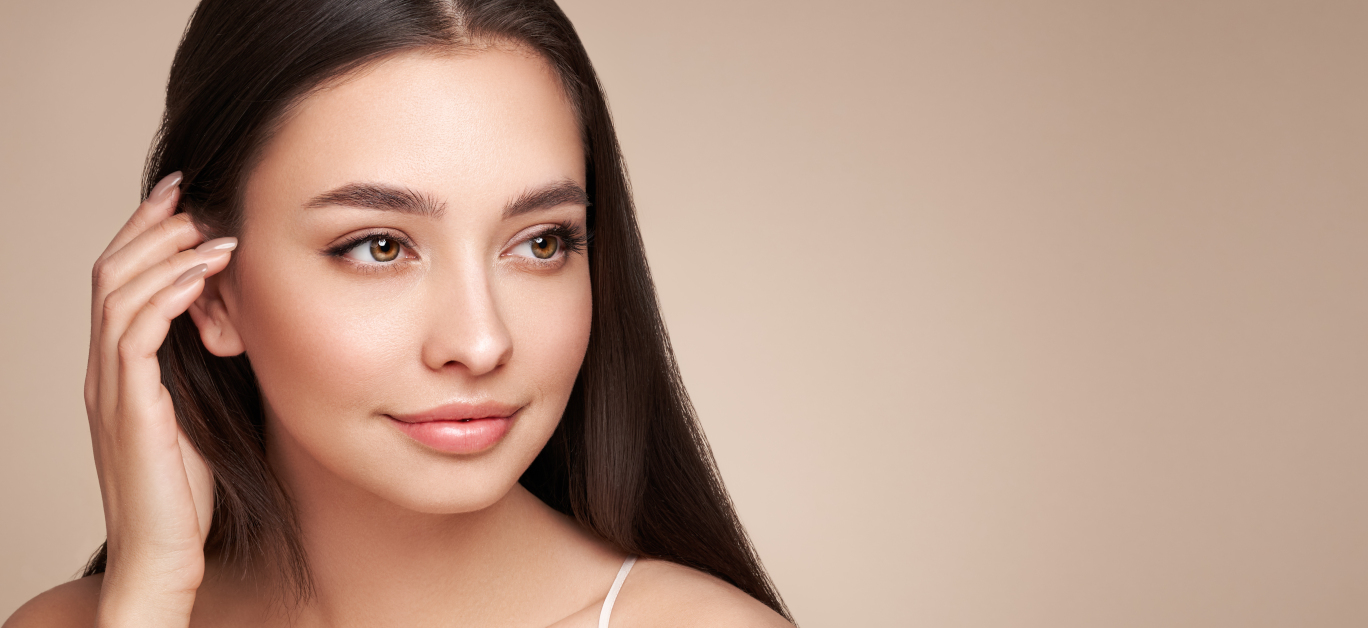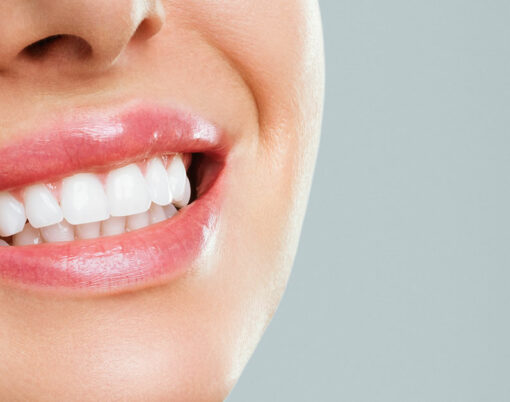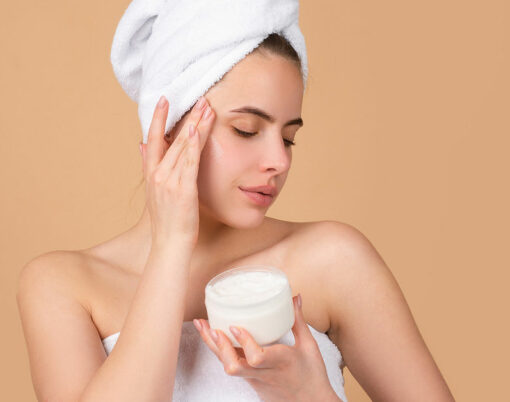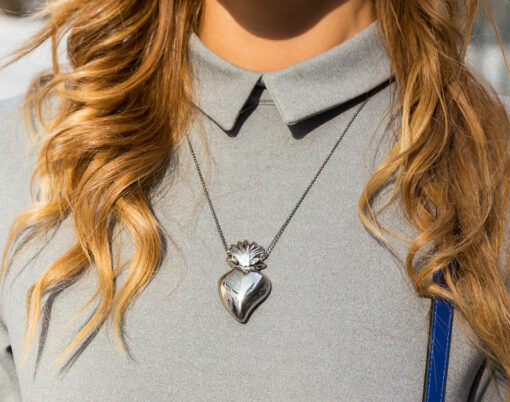Taking care of your skin effectively can feel like quite the task, and if you’ve spent a small fortune on the latest luxury lotions and potions over the years in a bid to maintain your youthfulness and achieve a radiant glow, then you’re certainly not alone.
But something that many people overlook when it comes to fighting the signs of aging and protecting their skin from the elements is the other factors at play – and diet, lifestyle and other daily habits all have a role to play in how your complexion looks and feels.
So, if you’ve exhausted all options when it comes to skincare products and still feel in need of an extra boost, then a few simple tweaks to your habits and lifestyle could be all that’s needed to improve the appearance of your skin and boost your confidence. Here’s all you need to know to do just that.
What contributes to healthy skin?
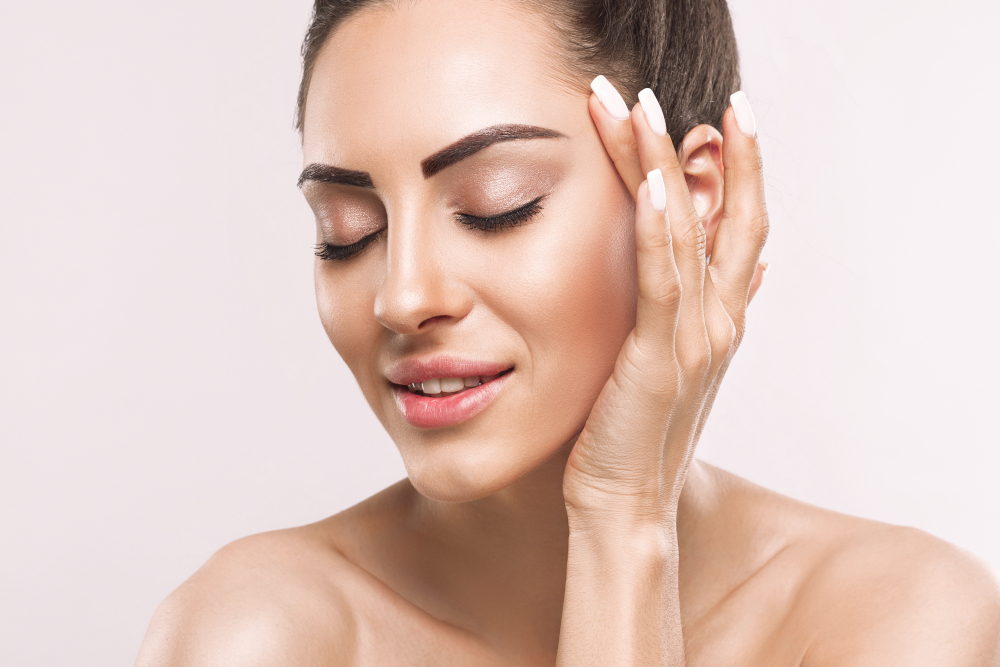
From how much water you drink and the foods you eat, to how you deal with stress, you might be surprised to learn that just about every choice you make in your day-to-day life will have some impact on your complexion.
Sunlight also has a significant role to play in the health of our skin as it contains ultraviolet (UV) light, which ages the skin and can cause sunburn – which in turn, can increase the risk of skin cancer. It’s vital, therefore, to protect your skin from the sun’s powerful UV rays by wearing sunscreen with a high sun protection factor (SPF) and staying out of the sun when UV is high.
Hair removal
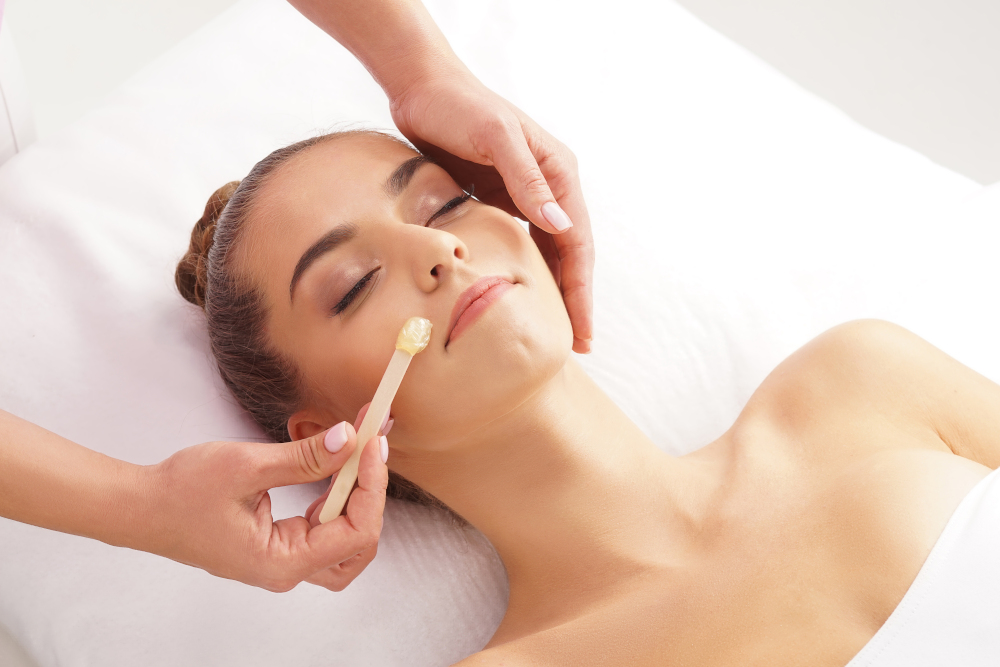
Your hair removal method of choice could be having an impact on your skin’s health. Shaving, for example, can cause skin irritation, which may show up as bumps or redness, and the risk of nicks, cuts and ingrown hairs can also wreak havoc.
Using hair removal wax can offer a more long-term solution for removing unwanted hair that also reduces the risk of inflammation and skin injury. Other methods, such as sugaring or threading, will also cause significantly less trauma to the skin – but be sure to exfoliate thoroughly before a session for best results.
Diet
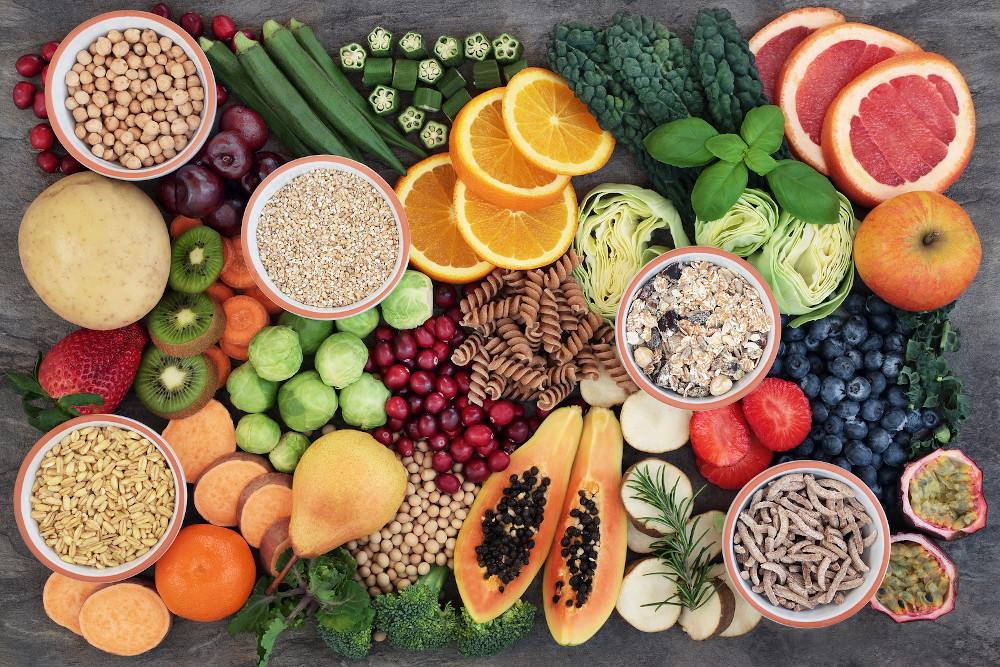
Skin health can be improved through eating a varied, balanced diet that includes plenty of fruit and vegetables and healthy fats. You should aim to eat at least five portions of fruit and vegetables each day, ensuring that these are as colourful as possible and include orange fruits and vegetables like carrots and sweet potatoes, which contain beta-carotene – a powerful antioxidant that can help to fight free radicals and slow the signs of aging.
Ensuring you get a broad range of different vitamins in your diet is also important for optimal skin health. Vitamin C is of particular importance, as this helps your body to produce collagen, which keeps skin plump and helps to preserve elasticity. Great sources of Vitamin C include oranges, strawberries and broccoli.
Be sure to get plenty of Vitamin E, too, as it’s crucial in order to protect skin cells from oxidation. Get yours by adding foods like avocado, nuts and seeds to your plate at least once a day. Healthy fats act as a natural, internal moisturiser for your skin and can be found in avocados and oily fish like salmon and sardines as well as in nuts and seeds – which gives you double the reason to get them into your diet.
Hydration
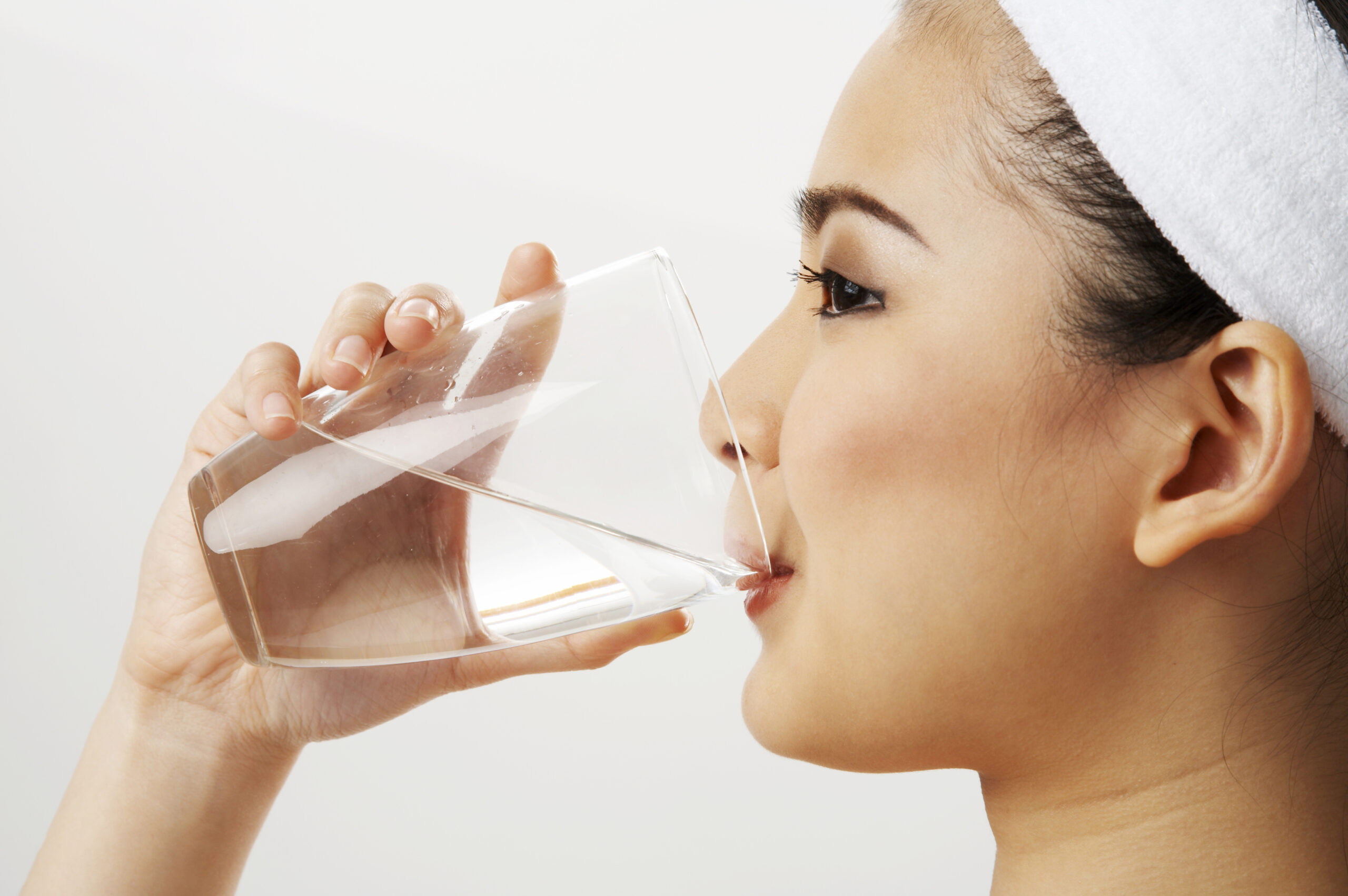
Well-hydrated skin is healthier and also looks plumper and smoother than dehydrated skin – which can result from not drinking enough water or from being in extreme temperatures. This is particularly problematic during the winter months, when you might find yourself frequently moving between central-heated spaces into the cold outdoor air and back again, which makes ensuring your skin is well-moisturised all the more important.
To avoid dehydration, you should drink at least eight glasses of water each day and try to reduce your intake of caffeine and alcohol, as both can be dehydrating. Make sure to use sunscreen, even when the sun isn’t shining, to protect your skin from the sun’s harmful rays, and avoid long, hot showers. In the long, winter months when the air indoors can be dry, you may also want to consider using a humidifier to add moisture.
Physical and mental health

Taking care of your general physical and mental health will help your skin health too. If you’re a smoker, then one of the best things you can do for your complexion is to quit, as the habit strips your skin of essential nutrients and oxidants and can lead to a whole host of skin issues, such as acne, blemishes, fine lines and the premature signs of aging. Cutting down or quitting smoking has huge benefits for your health and will also improve the appearance of your skin, so if you’re struggling, then pay your GP a visit for some advice on how to make the transition to a smoke-free life.
If you’ve been feeling stressed lately, then bear in mind that thus, too, can also negatively affect your skin, causing it to become dull and dehydrated. Often, stress and anxiety can lead to poor sleep, which in turn, can result in skin issues such as dark circles and puffy skin beneath the eyes. To avoid this, take care of your mental health by ensuring you get a good night’s sleep and take steps to manage your stress levels. Implementing good sleep hygiene and calming habits like mindfulness, meditation and self care can all help to restore your sense of zen, and your skin will be one of the first places it shows.












